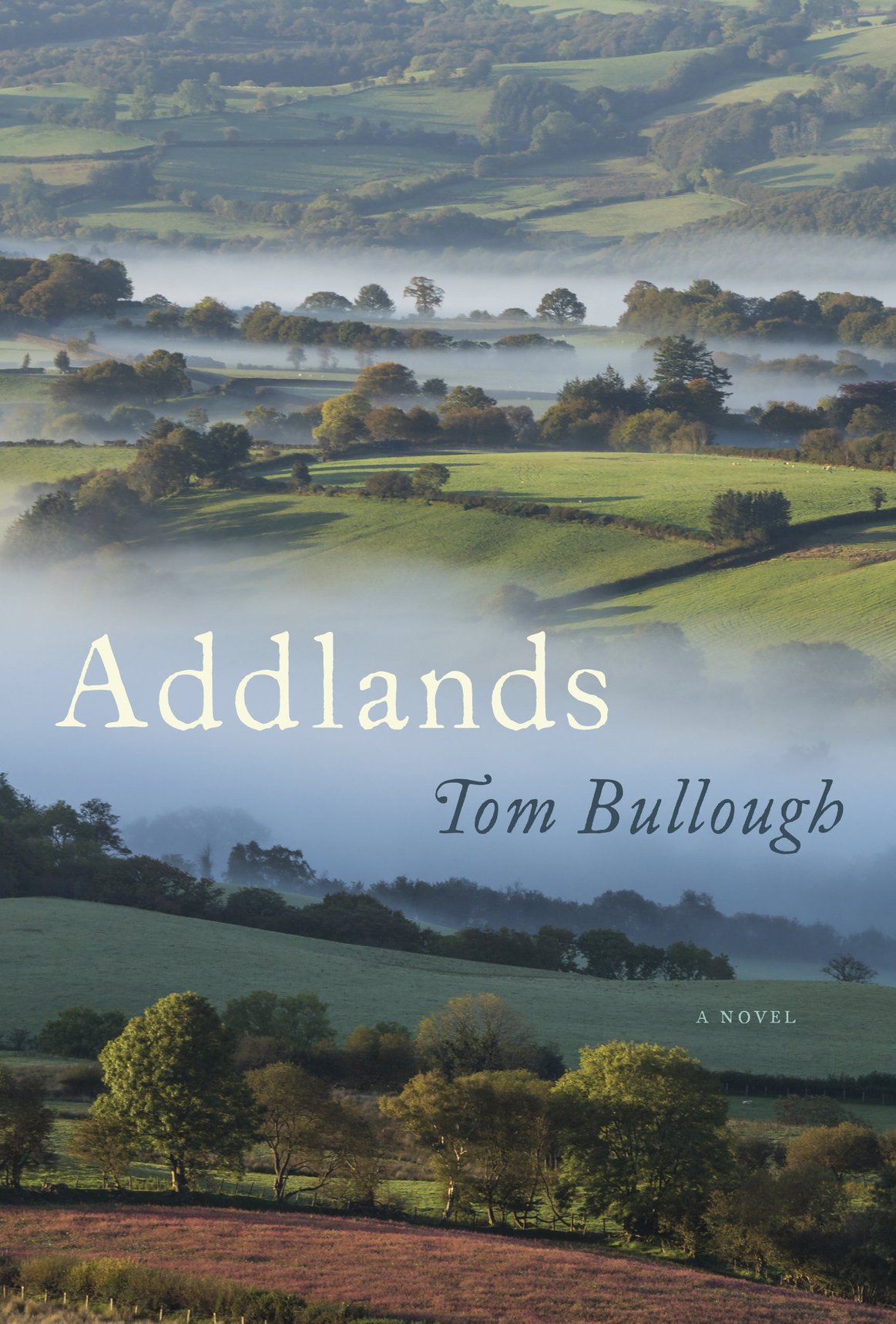
Addlands
A Novel
کتاب های مرتبط
- اطلاعات
- نقد و بررسی
- دیدگاه کاربران
نقد و بررسی

Starred review from August 29, 2016
Welsh novelist Bullough's fourth novelâhis first published statesideâtraces a farming family's 70-year descent into what one minor character calls "post-pastoral" life in rural Wales, beset over the years by a stream of difficulties that are by turns singular and historically common. As far back as 1941, Idris, the family's stern if stolid patriarch, finds "defiance in precision, in a tidy job, and if his neighbors took it for acquiescence, well, there it was." When his young wife, Etty, gives birth to a son, Oliver, she hopes he'll get a proper education. As it happens, Oliver becomes a local boxing champion for a time before settling into his place as head of the farm and, on account of his bar-brawling exploits, a figure of dubious local lore. With the farm perpetually treading water, the savvy Etty must drag Idris and later Oliver into the future, for which they're both ill-equipped. The struggle between old and new is ever-present, but this novel is foremost about the rural paradox of the coexistent sensitivity and brutality spurred by isolation. Bullough's intimate depictions extend from the "trembling" bluebells and rain-beaten sycamores with their five-pointed leaves to a cow's gory demise a page later, and in one of the book's more unnervingly gorgeous descriptions, a ewe's miscarriage rates a distinctly Welsh meter of anapests cut through with iambs: "In her lee was a lamb in an afterbirth slickâits eyes red pits, its chin so bloody that it might have been feasting on flesh." Agent: Clare Alexander, Aitken Alexander Associates.

June 15, 2016
Piety, pugnacity, and secrets shape the lives of a rural Welsh family across 70 years.Bullough's fourth novel and first published in the United States is mainly centered on Oliver, who is born in 1941 to Idris and Etty, two homesteaders whose lives appear to be simply circumscribed by their farm and church. As Oliver grows older, though, problems emerge: Idris struggles to keep the farm solvent, his estranged brother has his eye on the property, and Oliver's youthful interest in boxing expands to a more wide-ranging interest in fisticuffs. Past secrets come up, too--Idris' grim, no-nonsense demeanor stems from the agonies of his service in World War I, and there's a secret about Oliver's past that Etty has hidden as well. As Oliver grows older and becomes a father himself, Bullough means to explore the ways that tensions are passed from one generation to the next. At times that message is communicated opaquely, though. Bullough's consistent use of Welsh dialect is at once colorful and something of a stumbling block: "sclem," "mawn," "mimmockin," "pwntrel," "lattermath," and "addlands" itself, the edge of a ploughland. (Bullough's website has a glossary.) And the overall fecundity of the prose--Bullough delivers plenty of longueurs about the landscape--can swallow up his characters' tensions. But as progress stumbles on--church buildings are torn down in 1996, livestock succumbs to foot-and-mouth in 2001--Etty's and Oliver's sheer endurance is plainspoken and admirable, even if that endurance has an ironic cast. When Oliver is told that his son's mother (a disappointingly underdrawn character) has written an important work of "post-pastoral poetry," Oliver retorts: "Post-pastoral? We in't done yet." A serious if sometimes-overgrown farm tale.
COPYRIGHT(2016) Kirkus Reviews, ALL RIGHTS RESERVED.

























دیدگاه کاربران